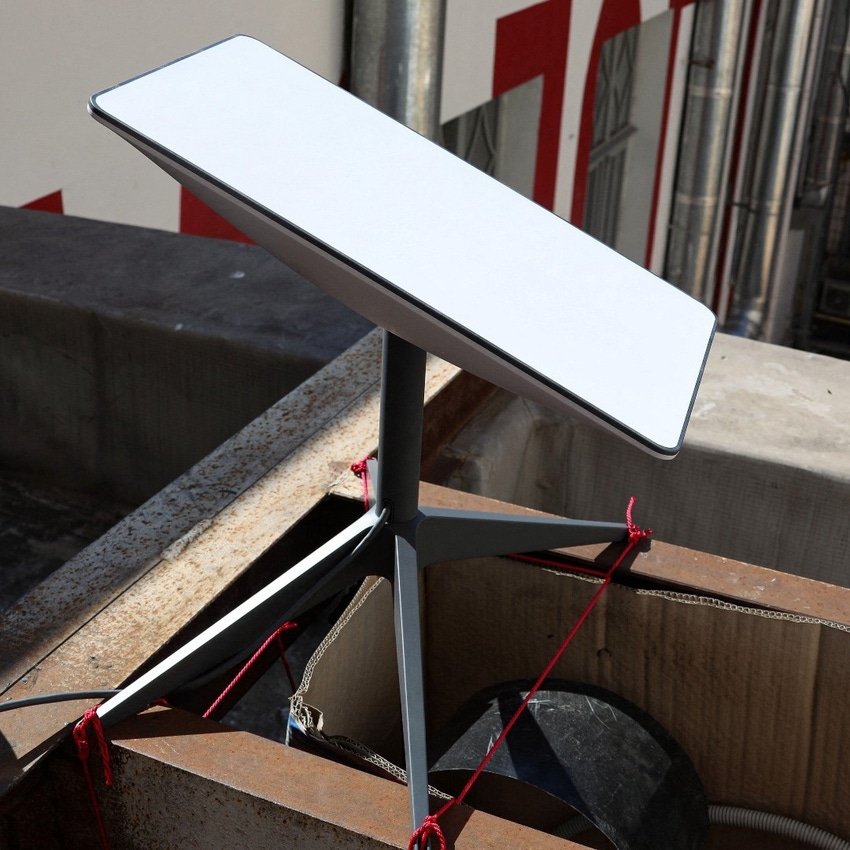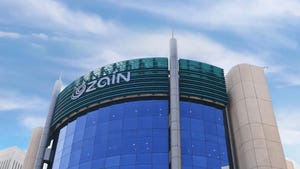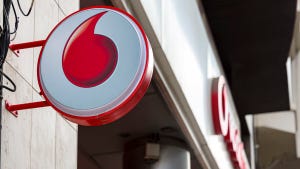
Also in today's EMEA regional roundup: VMO2 full-year earnings up 6.3%; FWA trials in Belgium; Vodafone trials Juniper's RIC for open RAN.
New speed tests from Ookla show that the Elon Musk-owned Starlink satellite Internet service registered slower speeds in the fourth quarter of 2022 in all European countries surveyed, compared with the same period the previous year. As more people joined the various networks, users in Germany, for example, experienced a slowdown of at least 16%, while in the UK speeds fell by at least 19%. According to Ookla, Starlink in Denmark (147.52 Mbit/s download) and Switzerland (136.03 Mbit/s download) had the fastest median satellite Internet in Europe during Q4 2022. In all, Starlink download speeds were faster than 100 Mbit/s in ten out of 15 European countries during Q4 2022 – an improvement from just five out 15 in the previous quarter. (See Demand strains SpaceX's Starlink network and SpaceX to FCC: Starlink 'not required to show' it meets RDOF speed needs yet.) Figure 1:
 A Starlink terminal installed in Ukraine.
A Starlink terminal installed in Ukraine.
(Source: Abaca Press/Alamy Stock Photo)Virgin Media O2 (VMO2) saw full-year adjusted EBITDA (earnings before interest, tax, depreciation and amortization) climb 6.3% to £3.9 billion (US$4.7 billion) in 2022, on adjusted revenue that remained flat at £10.4 billion ($12.5 billion). During the course of the year, VMO2 added 57,000 broadband connections and 2.4 million mobile connections, the latter figure including wholesale customers such as Sky Mobile. The company also invested £2.1 billion ($2.5 billion) in network infrastructure and "customer experience" in its first year of operation.
And on the housekeeping front, VMO2 has announced a multi-million-pound investment in a new headquarters in the Paddington district of London, which will replace existing sites in Hammersmith and Slough (though the office in Reading will continue to operate).
Belgium-based Pharrowtech has completed fixed wireless access (FWA) trials with Telenet, an Internet service provider that is part of Liberty Global but also headquartered in Belgium. The trial, says Pharrowtech, demonstrated that mmWave FWA technology can deliver throughput of 1 Gbit/s in "real-life scenarios," using hardware built by Unitron that contained radio chips and antenna arrays from Pharrowtech, as well as a baseband processor unit from Renesas Electronics.
Also busy with trials is Vodafone, which has been testing network admission control and traffic steering applications (the latter from Parallel Wireless) running on top of a RAN intelligent controller (RIC) platform supplied by Juniper. According to Juniper, both use cases successfully demonstrated that user experience can be optimized automatically by the RIC, based on real-time data insights.
Dutch joint venture VodafoneZiggo saw little to no change year-over-year in its fourth quarter results, notching up €1 billion ($1 billion) in turnover and adjusted EBITDA of €478 million ($507 million). Over the course of 2022 the company completed its plan to connect almost 7.5 million households and businesses to its gigabit network. Looking ahead, it expects inflation to have a greater impact on EBITDA in 2023.
Nokia is tooting its data speed trumpet again, claiming to have broken two optical transport records with a demonstration that saw it achieve 1.2 Tbit/s over metro distances (118km) and 800 Gbit/s over long-haul distances (2,019 km), both using a single wavelength over GlobalConnect's live optical network in Europe.
— Paul Rainford, Assistant Editor, Europe, Light Reading
Read more about:
EuropeAbout the Author(s)
You May Also Like











